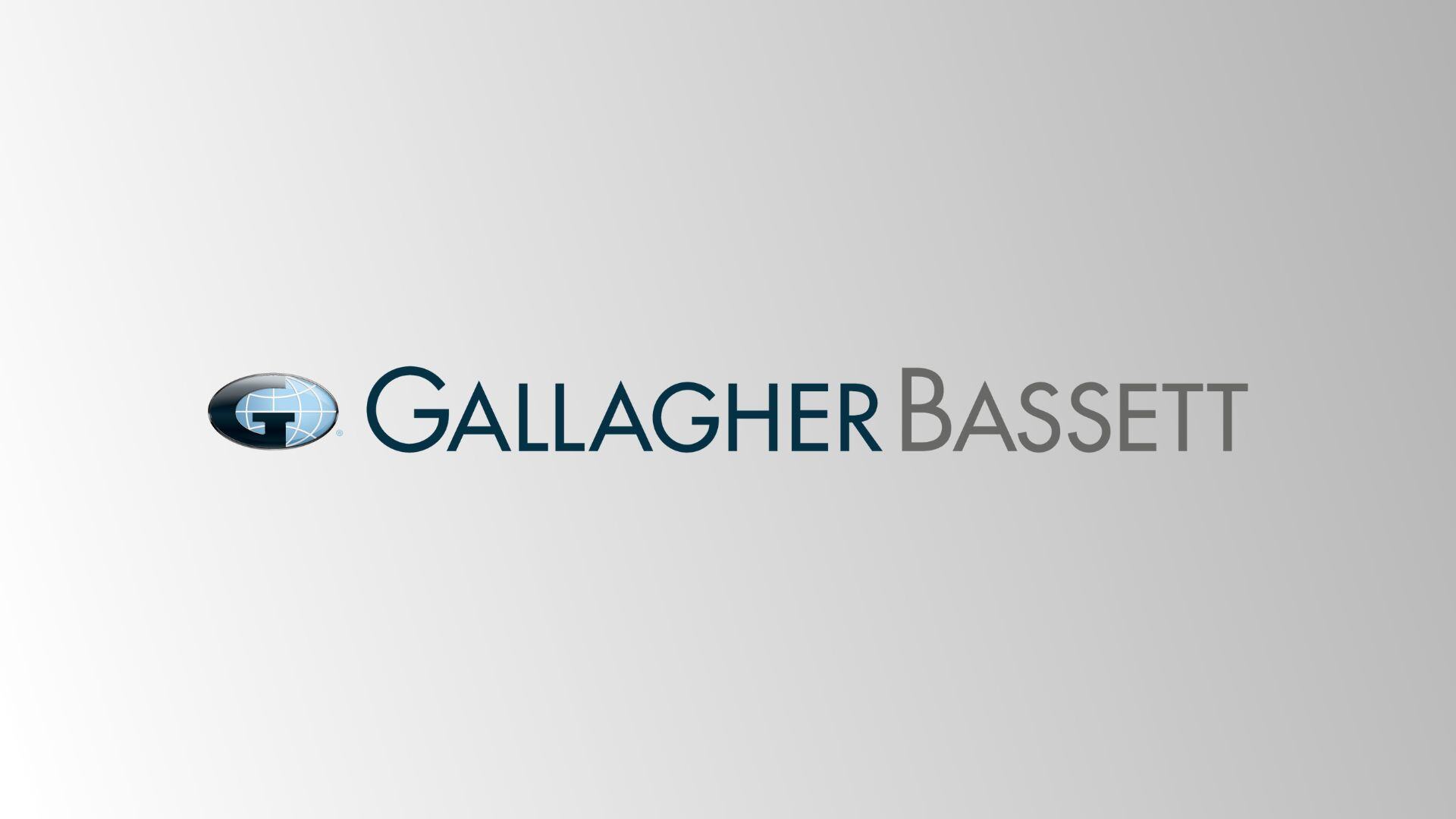Why Businesses Need to Reassess New Risks In The 2020s

If you're anything like us, on January 1, 2021, you rang in the new year with a new sort of relief and joy. The last year was a hard one that changed nearly every aspect of our lives. We now wear masks when we go on public transport or planes, we spend holidays away from friends and families, and we wait for a vaccine that we hope can return our lives to normal.
Read on to learn more about what 2020 changed and how you need to review your policies for the next decade.
INCREASE IN REMOTE WORK
We don’t have to tell you that the last year has transformed everything about our lives, from the way we learn to the way we socialise to the way we work. Thanks to the COVID-19 pandemic, many of us have moved our offices into our homes. In fact, at one point, when we were all in lock-down, it felt like everyone was working full-time from home.
This increase in remote work has presented a whole new range of concerns for both small and large businesses alike. Not only have workplace protection requiring change drastically, but employers now need to consider work from home risks. And since many have opted not to return to the office even when lock-down is over, employers need to overhaul the way they assess risk.
SECURITY CONSIDERATIONS
One of the biggest risks companies face when they move part of their workforce to a remote footing is security breaches. At an office, companies can set up firewalls, secure networks, private servers, and other such protections. But when people are working remotely, they could be accessing sensitive company data on machines with no more protection than a coffee shop WIFI network.
Employers may need to start considering security breaches as a higher risk and altering their plans accordingly. Policies may now need to include liability information in the event that an employee leaks company data. You may also want to incentivise your clients to help customers set up secure systems in their work from home setups.
HOME OFFICE EQUIPMENT
While having a secure work from home setup can help eliminate one problem, it could cause another.
Companies will need to provide these employees with the equipment they need to set up a secure system. They may also need things like printers, scanners, cameras, microphones, and more. All of this can lead to a very expensive kit sitting in someone’s home office.
Under normal circumstances, equipment like this would get covered under the employee’s home insurance policy. But is it fair to ask the employee to insure this equipment if it’s company property necessary for their job? Employers will need to decide how protection for this equipment will be handled in their policies.
DATA MANAGEMENT SYSTEMS
In the work from home rush, companies have also had to find new ways to communicate with their teams. People need to be able to share documents, coordinate on projects, and send in reports, all over a digital platform. This means an increased investment in data management systems for companies with remote workforces.
Those new data management systems are now a part of company assets and may need to be protected. Insurers have to take a look at what’s required to run these data systems and how that impacts their clients’ coverage. This can be further complicated when you consider that these data management systems will also have home office equipment and security concerns of their own.
REMOTE WORK SAFETY
In the wake of 2020, companies will need to consider more than just the digital risks their remote workforce faces (and poses). Working from home also brings a whole new set of risks on a workplace safety and liability front. In the workplace, employers can control how much risk of injury their workers face, but at home, the situation is entirely different.
For one thing, remote workers may now face a higher risk of eye strain as they spend more time than ever staring at computer screens. They may not have an ergonomic set up in their home office, and that could lead to strain or even injury. Remember, health and safety regulations still apply when an employee gets injured in their own home while doing company work.
UPDATED BUSINESS INTERRUPTION POLICIES
Aside from the additional challenges the increase in remote work has brought, many businesses have faced a new kind of challenge in the past year. With government shutdowns happening all across the world, many companies have found themselves without any revenue for weeks or months on end. Small businesses may have been forced to shut down if one or more of their staff or owners got sick.
Business interruption policies have been strained to the max this year, and it’s even led to lawsuits. Recently, Courts have ruled that insurance companies would have to honour the policies they issued, even though the pandemic was an unprecedented circumstance of business interruption. In the coming year, insurers will need to reassess how they’ll handle those policies going forward.
REVIEW HOW YOU ASSESS RISK IN 2021
Saying 2020 was a transformative year is a little like saying ghost chilli peppers are somewhat spicy. The last year transformed nearly every aspect of our lives, including the way we view and protect against risk. Going into the next decade, businesses will need to review how they assess risk and find new ways to ensure they have the right level of protection they need.
If you’d like to discover the future of insurance in the 2020s, check out the rest of our site at Gallagher Basset. We guard, guide, and go beyond in protecting you, your company, and your clients. Contact us today and start discovering what your next decade of protection could look like.
Author



